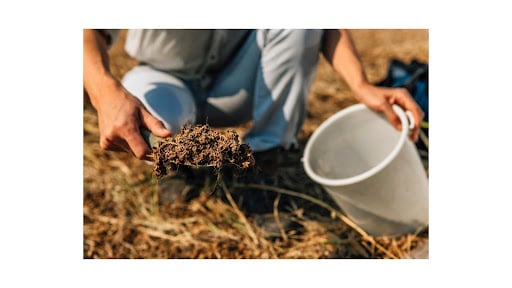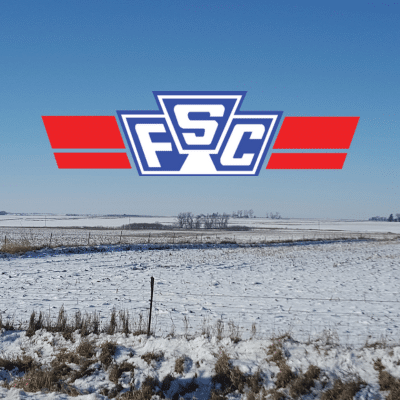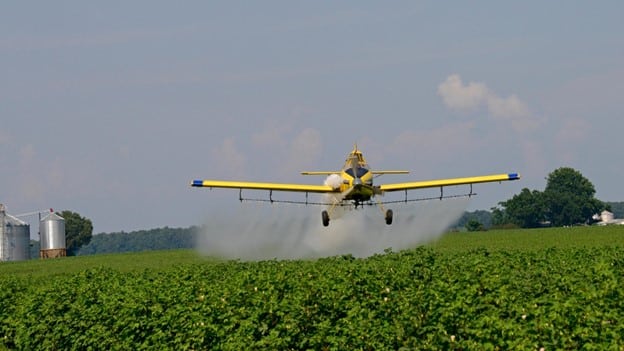
As a farmer, your crops and livelihood depend on your soil’s health. Success starts from the ground up (literally). To increase the chance of a successful harvest, fertilizer is often thrown over the land and left alone. However, if the fertilizer is not targeting the nutrients your soil is deficient in, the fertilizer is rendered useless. To better understand your soil’s needs, soil sampling is imperative. This practice allows you to see what nutrients are abundant and lacking to make informed decisions about fertilizer. To increase or maintain your soil’s efficiency, utilize soil sampling to decide which fertilizer to spread.
Soil Sampling Basics
The crucial act of soil sampling determines soil fertility, which nutrients are in excess or lacking, and which fertilizer best suits the soil’s profile. The best time to sample is during the fall post-harvest before the ground freezes and with plenty of time to plan for next year’s harvest. There are typically 10-20 samples taken from across the land to get an accurate read of the average nutrient density in the area. Though, if a particular area of varied lands like hills or low spots is suffering, a separate soil sampling and deduction is applied to that soil. The samples are then sent to a lab and studied under microscopes and scientific scrutiny.
The five broad groups of scientific results yielded from the data include:
- Soil PH – the alkaline or acidity in the soil
- Cation Exchange Capacity – soil texture and its capacity to hold cationic nutrients
- Organic Matter – plant and animal residue in the soil (often serves as nutrients to the land)
- Extractable Macro and Micro Nutrients – measures the essential nutrients provided to the plant
- Nitrate-N – a form of water-soluble nitrogen available for plant growth
Additionally, as fertilizer prices increase and guessing which is best becomes expensive, soil sampling is a one-and-done answer to your fertilizer needs. Growers can choose to have their soil sampled yearly, every four years, or only when needed to conserve the money spent on soil health.
Call the Professionals
To maximize fertilizer efficiency, contact Farm Service Cooperative to do a soil sampling. We devote time to ensuring your crops’ success by recommending fertilizer products and soil maintenance techniques. Call us at (712) 755-3185 or email us at info@fscoop.com for more information. You can also check out our services on our website. We hope to hear from you soon!
Sources
https://cropwatch.unl.edu/soil-testing-more-important-ever-efficient-fertilizer-use
https://fscoop.com
https://www.martindeerline.com/blog/importance-of-soil-sampling–8359



